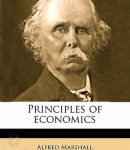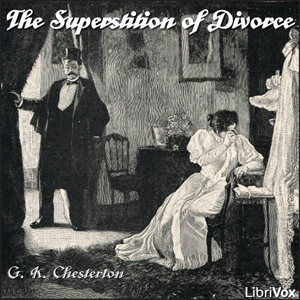
Principles of Economics
“The most valuable of all capital is that invested in human beings.” An uncannily prophetic quote from an 1890 book, Principles of Economics by Alfred Marshall presents an idea that has been accepted by major corporations and governments all over the world today. People’s understanding of market behavior and how industries operate has its roots in the work done by European economists more than a century ago. Little has changed in terms of principles, though the effects of globalization and technology resulted an unmistakable impact on how business is done today. Alfred Marshall was a thought leader. He presented path breaking concepts like the principle of diminishing returns: the assumption that companies or products who taste early success in markets soon fall prey to their own limitations, thus leading to a quantifiable and predictable equilibrium of market share and pricing. He was a prize winning mathematician at Cambridge and a brilliant physics student. However a nervous breakdown while at college compelled him to shift to the study of philosophy where he was deeply attracted by the concepts of Utilitarianism as propounded by Henry Sidgwick, a famous teacher and founder of Newnham College. Marshall went on to describe Sidgwick as his “spiritual mother and father.” One of Sidgwick’s guiding principles was that no person should act so as to destroy his own happiness, a form of “ethical hedonism.” Marshall began writing Principles of Economics in 1881, part of a two volume treatise. However, it took him nearly ten years to complete […]






































